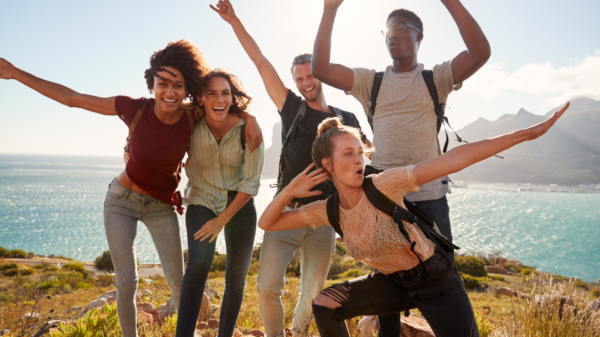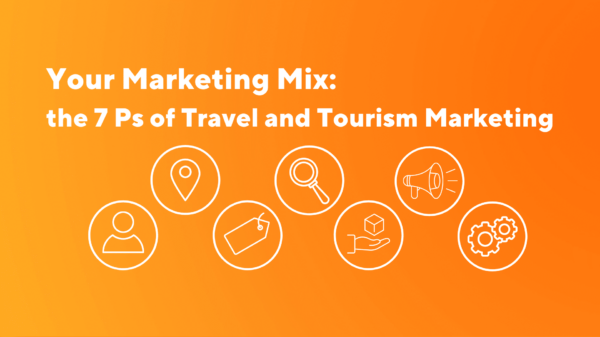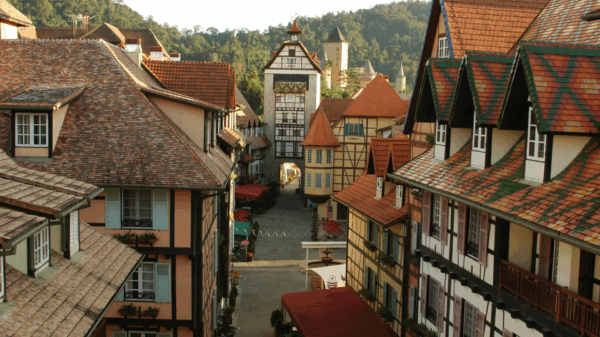Tourism would not be what it is today without the millions of amazing women across the globe who work in the industry. In fact, the majority of the tourism workforce is female! Prior to the pandemic, women made up 54% of the tourism workforce. The tourism industry is unique because it provides women in all parts of the world and of all socioeconomic statuses with the opportunity to earn money and maintain a viable source of income. In many countries, women’s employment in tourism has been higher than in the overall economy. Take the Czech Republic for example, where the percentage of women’s employment in tourism is 8.9% higher than in the overall workforce.
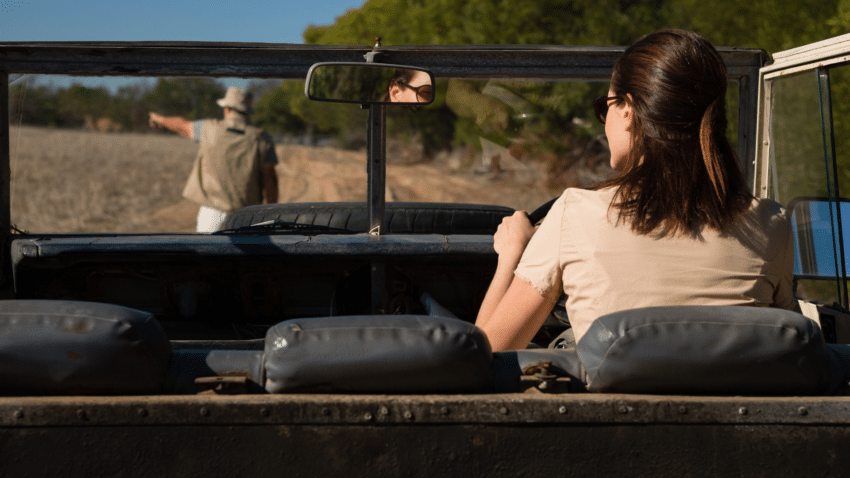
Although the large number of female workers in the tourism industry is fantastic for a number of reasons, it also means that many of the damages from the COVID-19 pandemic were felt by women. Fortunately, the tourism industry recognizes the importance of empowering its female workforce. The industry is working to mitigate the disproportionate effects of COVID-19 through a variety of gender equality initiatives and projects across the globe. Tourism’s recovery must include gender-specific responses, so let’s examine what that looks like and how you can promote female empowerment in your own business.
How tourism has helped empower women globally
Given that tourism is one of the largest industries in the world and that the majority of the workforce is female, it has played a unique role in empowering women on a global scale. Historically, women in tourism have predominantly occupied the accommodation and hospitality sector, but this is changing. According to a study conducted by KNE Publishing, we’re now seeing a dramatic increase in the number of women participating in the ownership and management of tourism activities, especially in developed regions like the European Union.
Who can we credit with this shift in women’s role in tourism? It didn’t happen by accident. The tourism industry has recognized a need for policies that actively work to promote female empowerment and gender equality. In the United Nations World Tourism Organization’s 2019 Second Report on Women in Tourism, an in-depth study of 18 countries revealed a number key findings and action items that are centered around making gender equality a reality in the industry. The report’s action plan calls upon policy makers, businesses and government authorities operating in the tourism industry to follow the concrete steps provided to boost female empowerment in tourism. The action plan focused on six key areas:
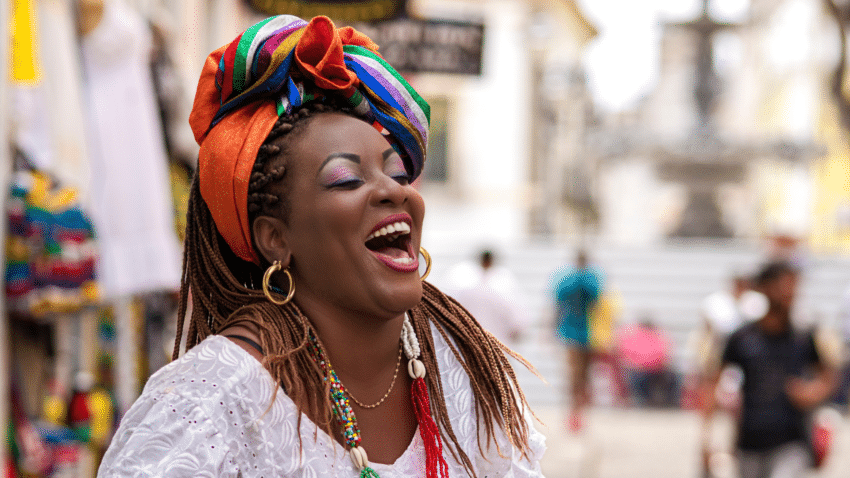
- Employment: Addresses the gender pay gap, job security, and workplace safety for women.
- Entrepreneurship: Calls for women’s tourism businesses to become formalized, support for women to expand and diversify their products and services, and the expansion of women’s access to digital technologies.
- Leadership, policy and decision making: Asks that work is made towards gender balance in senior management of tourism companies, and addresses the lack of high-level women’s leadership in decision-making spaces.
- Education and training: Highlights the need for female training programs and networking opportunities that can create upward career mobility.
- Community and civil society: Ensures that gender equality and human rights commitments at the national level are met and implemented effectively.
- Measurement for better policies: Asks for regular collection and reporting of data that is separated by sex on employment in the tourism sector. Includes conducting gender analysis, consulting civil society actors and integrating a gender perspective into all phases of the tourism policy and programme cycle.
How COVID-19 has hurt the progress that’s been made
COVID-19 had a devastating effect on the tourism industry, largely due to travel restrictions. According to an economic impact report conducted by the World Travel and Tourism Council, the tourism industry’s contribution to the global GDP went from 10.4% in 2019 down to a 5.5% contribution in 2020. The report also found that 62 million jobs in the industry were lost. Job insecurity and layoffs were disproportionately felt by women because they comprise the majority of the tourism workforce and also because they often occupy low-skilled or informal work. This gives them less access to social protection in times of crisis. Despite the efforts made towards gender equality and female empowerment in the industry, the COVID-19 pandemic highlighted many ways in which the female workers of the tourism industry are still incredibly vulnerable.
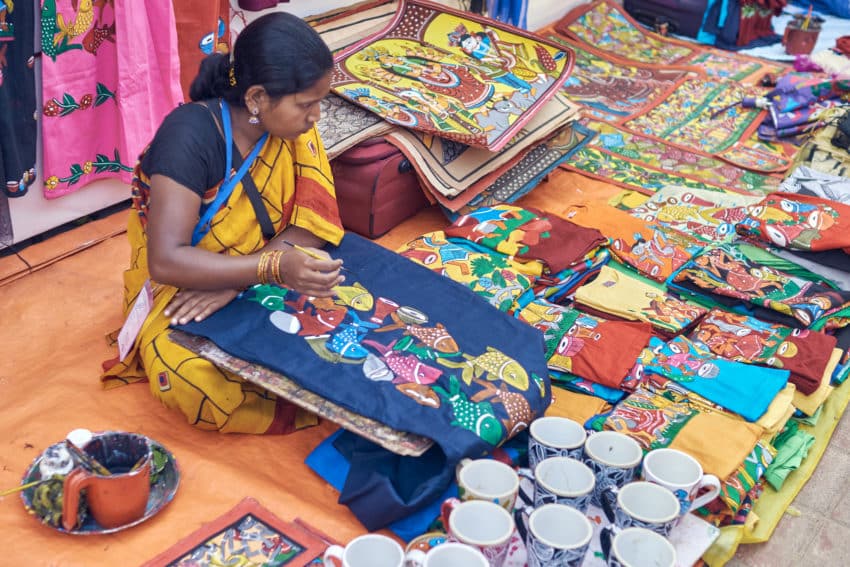
In the tourism industry, a significant amount of women’s positions take place in the informal economy, such as handicrafts and food production. In India, the homestay industry employs a great many women but the work performed by these women is often invisible, due to the domestic nature of their labour. And while homestays are typically registered under the Ministry of Tourism, women’s labour is not recognized and therefore they are not considered eligible for relief packages.
What’s being done to ensure women benefit equitably from tourism’s recovery in the wake of COVID-19
As tourism works towards economic recovery in the wake of COVID-19, it is doing so with female empowerment and gender equality in mind. Like most industries, the tourism industry had pre-existing gender inequalities that were amplified during the pandemic. To try to rectify this, there are a number of initiatives and projects to ensure that women are included in tourism recovery efforts.
The United Nations policy brief Addressing the Economic Fallout of Covid-19: Pathways and Policy Options for a Gender-Responsive Recovery stressed that crises like the COVID-19 pandemic are not gender neutral, and that the recovery plan must reflect that reality. The work done by the United Nations has given countries a framework on how to move forward with gender equality at the center of tourism recovery. Here are some examples of projects around the world that are using this framework to promote female empowerment:
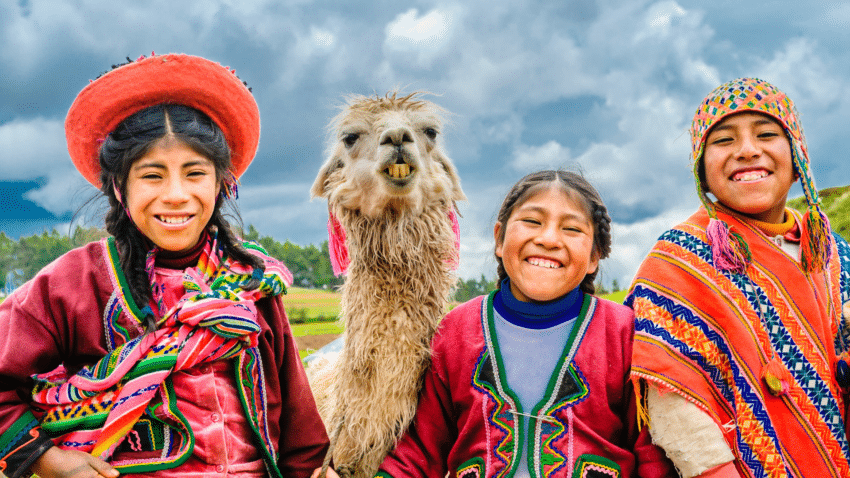
- The Center Stage Project is a great example of a project that puts female empowerment at the forefront of economic recovery. It’s based on the action plan provided by the United Nations World Tourism Organization’s 2019 Second Report on Women in Tourism, using its recommendations to ensure that opportunities and benefits are available to women in tourism. The project supports countries in implementing the recommendations of the report, bringing together the public sector, tourism businesses and different tourism organizations to use COVID-19 recovery efforts to support female empowerment.
- In South Africa, the Women in Tourism Programme (WiT) was implemented in collaboration with United Nations Women in Tourism as a three-year pilot project. WiT continued throughout COVID-19 and will be expanded into a larger-scale project as part of tourism recovery in South Africa. The WiT program works with tourism authorities to prioritize women’s economic empowerment in the sector through the development of policies and programs. During the pandemic, the program ran a series of webinars on skill development to support female tourism entrepreneurs.
- In Cancun, the Cancun Women’s Initiative Declaration Supporting Women in Travel & Tourism was signed in April 2021 by over 100 companies. It commits to a series of concrete actions that focus on creating equitable opportunities for women, removing barriers and fostering greater independence for women in tourism.
- The Banco Santander Foundation in Africa is working on a program to help women’s tourism businesses through the pandemic by providing training, technical assistance, market access, and more. It is supporting women in maintaining their existing tourism jobs as well as providing training. Additionally, the foundation has made a contribution of EUR 500,000 to run the program in Gambia, Senegal and Morocco.
What you can do to help
If you’re hoping to integrate female empowerment into your tourism business but don’t know where to start, here are a few tips provided by the United Nations World Tourism Organization:

- Purchase from female owned businesses: Try to integrate businesses that are owned, managed or controlled by women into your supply chain. You can also promote them through your business wherever possible.
- Support women’s career progression: Strive for gender equality in leadership roles. In larger businesses, you could achieve this by communicating opportunities internally to women in your company who might be a good fit for a leadership role.
- Ensure equal pay for equal work: Introduce a policy that includes this principal and conduct salary reviews to be sure that the principal is upheld.
- Provide sex-disaggregated data to UNWTO: Reporting gender-related data on your business’ workforce will encourage gender-sensitive policy making within the tourism industry.
- Participate in female empowerment projects: Seek out initiatives that you can pledge to that are working towards female empowerment and gender equality. This will provide inspiration while also holding your business accountable.
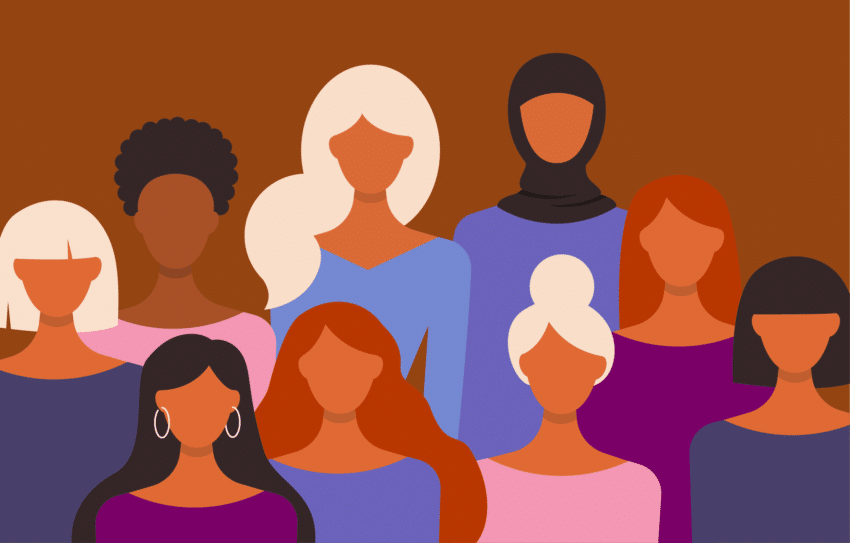
When you first think of COVID-19 and tourism, you might not immediately think of female empowerment, but it’s worth considering. These are just a few tips to get you thinking about ways you can incorporate female empowerment and gender equality into your own COVID-19 recovery plan. For more information and inspiration on how to ensure that your company is considering the needs of your female employees as it recovers from COVID-19, check out the United Nations Inclusive Recovery Guide. It addresses the sociocultural impacts of the pandemic and provides valuable recommendations.
While the tourism industry has made commendable progress when it comes to raising awareness for female empowerment before the pandemic, in a crisis, there’s always a risk that issues of equality will be ignored and progress will backslide. But crises also bring opportunities. Hard as it’s been, the pandemic has given us the chance to rebuild and become better than before. As a business owner, you can work towards making gender equality a reality both inside and outside of your company.



